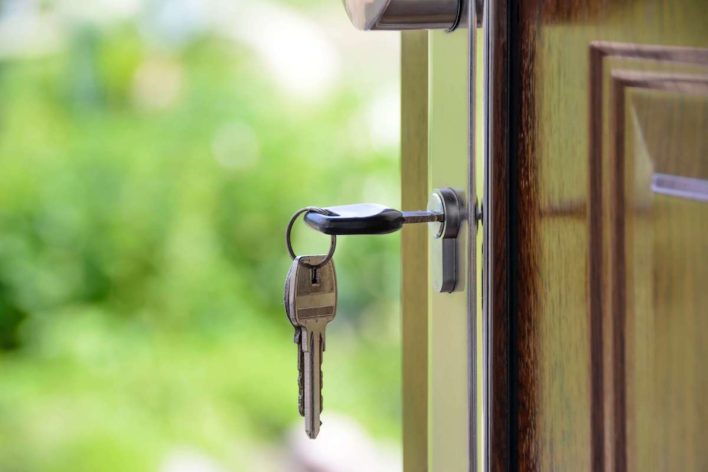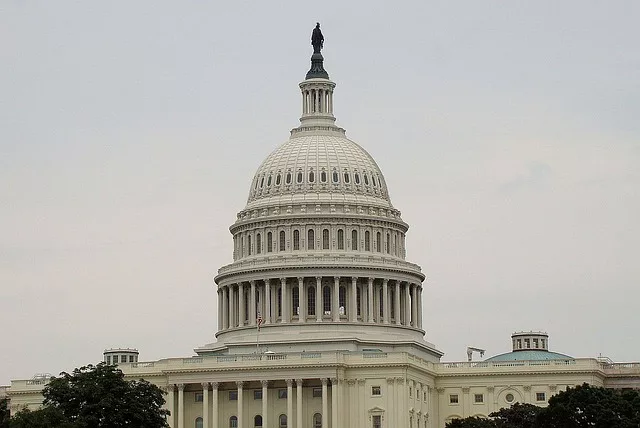VA Loans: What You Need to Know

What Do You Need to Know About VA Loans?
Homeownership remains at the heart of the American Dream. That is especially true for Veterans and the military community, who continue to own homes in greater numbers than their civilian counterparts. To assist Veterans and Service Members in purchasing a home, the Department of Veterans Affairs (VA) created one of the greatest military benefits, the VA Home Loan program.
The program is for American Veterans, Military Members currently serving in the U.S. military, reservists and select surviving spouses (provided they do not remarry) and can be used to purchase single-family homes, condominiums, multi-unit properties, manufactured homes, and new construction.
The VA does not originate loans but sets the rules for who may qualify, issues minimum guidelines and requirements under which mortgages may be offered, and financially guarantees loans that qualify under the program.
>> You may be eligible for a zero down VA home loan? For a no-obligation, free consultation regarding your VA Loan eligibility, please go here.
The basic intention of the VA home loan program is to supply home financing to eligible Veterans and to help Veterans purchase properties with no down payment. The loan may be issued by qualified lenders.
Today, the VA Mortgage is more important than ever. In recent years, lenders nationwide have tightened their lending requirements in the wake of the housing market collapse, making the VA loan a lifeline for Veterans and active Military homebuyers, many of whom find difficulty when faced with tough credit standards and down payment requirements.
Like most home loans, VA Mortgages have considerable details and information that the Service Member needs to understand prior to starting the VA Loan Process. Below is a closer look at some of the important areas of the VA Loan process.
VA Loan Eligibility Requirements
To be eligible for a VA loan, you or your spouse must meet the basic service requirements set by the Department of Veterans Affairs, have a valid Certificate of Eligibility (COE) and satisfy the lender’s credit and income requirements.
How to Apply for a VA Home Loan Certificate of Eligibility
Applying for your COE is only one part of the process for getting a VA direct or VA-backed home loan. Your next steps will depend on the type of loan you’re looking to get—and on your lender (for most loans, the lender will be a private bank or mortgage company; for the Native American Direct Loan, the VA will be your lender).
VA Home Loan Limits
A VA home loan limit is the maximum amount of money you can borrow using a VA-backed home loan, without paying a portion of the home’s total sale price up front (called a down payment). It is not a cap on the maximum amount you can borrow. You will receive a home loan entitlement if you qualify for a VA-backed home loan. This is the maximum amount the VA will guarantee the lender that they will pay if you default on your loan.
As long as you qualify for a loan based on your income and credit history, and the property’s value matches its asking price, your lender will likely agree to loan you up to 4 times the amount of your entitlement without a down payment. This is your loan limit. A Service Member may qualify for two types of entitlement:
Basic Entitlement
As your basic entitlement, the VA will guarantee to your lender that they will pay up to at least $36,000 or 25% of your loan amount, whichever is less, if you default on your loan. So, your loan limit would be $36,000 X 4 = $144,000.
Bonus Entitlement
You may want to buy a home that costs more than $144,000. To help you do this, the VA offers what is called bonus (or Tier 2) entitlement. To determine your bonus entitlement, the VA will look at the Federal Housing Finance Agency’s (FHFA’s) current national conventional financing confirming limit and your state’s county loan limits. They will guarantee 25% of your loan amount, based on these loan limits.
What Is the Difference Between VA’s Appraisal Process and a Home Inspection?
Often when buying a home, the appraisal process is one of the most stressful moments of the purchase. The VA strongly recommends that you get an inspection to check for any major defects before you purchase your home.
A VA-approved appraiser will also appraise the house to make sure it meets basic property condition requirements (called minimum property requirements, or MPRs), and will provide an opinion of value on the house. Please note that an appraisal is not the same as an inspection and a VA appraisal will assess areas differently compared to a standard appraisal.
If the property does not appraise at a high enough value to get the loan, you have a few options. You can:
Request a Reconsideration of Value (ROV)
You can ask your real estate agent to provide the lender with valid sales data showing the property is worth more than its appraised price. The lender will ask the appraiser to reconsider based on this information.
Renegotiate the Sales Price
Ask the seller to lower the price to match the appraised value.
Pay the Difference Between the Appraised Price and the Sales Price
To do this, you will need to pay this cost at closing.
Owning a home is so much more than just having a place to live, it is about having part of the American Dream. Even though buying a home can be stressful, the VA offers a checklist to ensure no steps are missed.
>> You may be eligible for a zero down VA home loan? For a no-obligation, free consultation regarding your VA Loan eligibility, please go here.
RELATED:
- VA Loan Requirements: What You Need to Know
- Best Practices for the VA Loan Process
- Ways to Improve Your Credit Score
- VA Loan Policy for Loans Between Two Veterans
About the author
Editor-in-Chief Joe Wallace is a 13-year veteran of the United States Air Force and a former reporter/editor for Air Force Television News and the Pentagon Channel. His freelance work includes contract work for Motorola, VALoans.com, and Credit Karma. He is co-founder of Dim Art House in Springfield, Illinois, and spends his non-writing time as an abstract painter, independent publisher, and occasional filmmaker.



